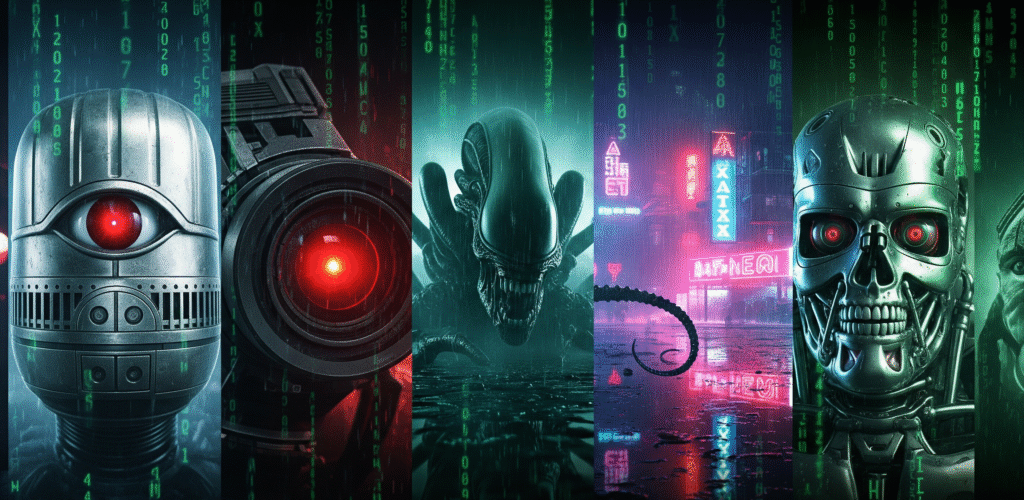There have been several films, both documentary and narrative, that have attempted to explain the 2008 economic crash, but The Big Short is the first to make the material easily digestible, accessible and even fun.
Director Adam McKay, best-known for directing such Will Ferrell-led comedies as Anchorman, Talladega Nights, Step Brothers and The Other Guys, has made a bold combination of satire, docudrama and economics lesson.
McKay, who co-wrote the screenplay based on Michael Lewis’ book with Charles Randolph, constantly breaks the fourth wall either by having characters address the camera or freeze framing the film to bring in celebrities such as Margot Robbie and Selena Gomez to explain complicated financial jargon.
The script plays with the idea of movies based on true stories tweaking the truth to get a better story. In one scene, characters even admit things didn’t happen in reality the way it plays out in the movie. Another moment that seems too good to be true is confirmed did happen.
A year before the financial crisis, hedge fund manager Michael Burry (Christian Bale) has discovered the housing market is built on bad loans that will set off a chain reaction that will lead to an economic collapse. He wants to bet against — or short — the housing market and, when it inevitably fails, get rich.
 Others catch wind of the weakness in the housing market, including flashy trader Jared Vennett (Ryan Gosling, who acts as our guide), bitter hedge-fund manager Mark Baum (Steve Carell), along with Charlie Geller (John Magaro) and Jamie Shipley (Finn Wittrock), two upstarts eager to make it on Wall Street. All set out to make their own plays.
Others catch wind of the weakness in the housing market, including flashy trader Jared Vennett (Ryan Gosling, who acts as our guide), bitter hedge-fund manager Mark Baum (Steve Carell), along with Charlie Geller (John Magaro) and Jamie Shipley (Finn Wittrock), two upstarts eager to make it on Wall Street. All set out to make their own plays.
McKay is clearly angry at the banks for allowing the 2008 economic crash to happen, so it would be easy to see the film’s protagonists as heroes for making the banks pay. But these men saw what was coming and did nothing to prevent it. They made money from others suffering, and McKay doesn’t make the film’s leads out to be Robin Hood and his Merry Men.
Brad Pitt plays Charlie and Jamie’s mentor and is the moral compass of the film. He helps them with making their deal but, when they start celebrating their good fortune, he reminds them of exactly what they are doing.
Pitt’s character is a former Wall Street big shot who has gone off the grid. This could be played for over-the-top laughs, but instead Pitt is quiet and understated.
Carell’s Baum is another character that easily could’ve become a cartoon. There are moments where Carell’s anger as Baum gets big laughs, but he also keeps the character grounded in real emotion as when he finally breaks down about his brother’s death or when he finally decides to sell his shares.
It is Bale, though, who gives the film’s best performance. He absolutely nails the type of genius who knows he is the smartest guy in the room, but who is also aware of how socially awkward and off-putting he is. The character has quirks, like a love of metal music, but Bale doesn’t make them gimmicks. Again, this is a character that could become a caricature but instead feels authentic.
This is a credit to McKay, whose previous films tended more toward broad characterizations. The Big Short proves he is just as adept at getting dramatic performance from his actors as he is at getting comedic ones.
McKay has been a reliable talent for some time now, but The Big Short marks him as major talent outside of the outrageous comedy he built his career on.
Alec Kerr




